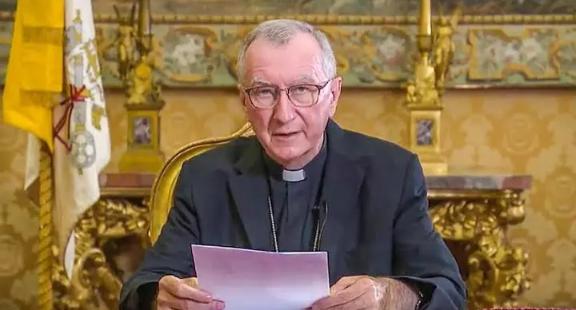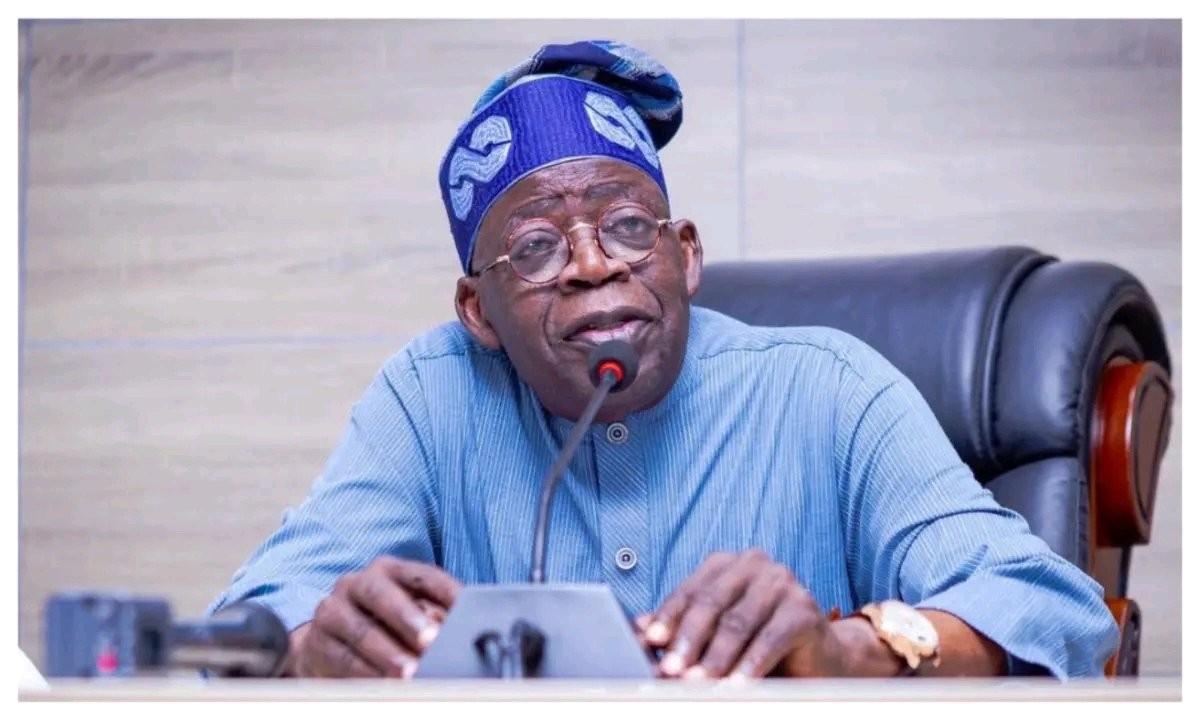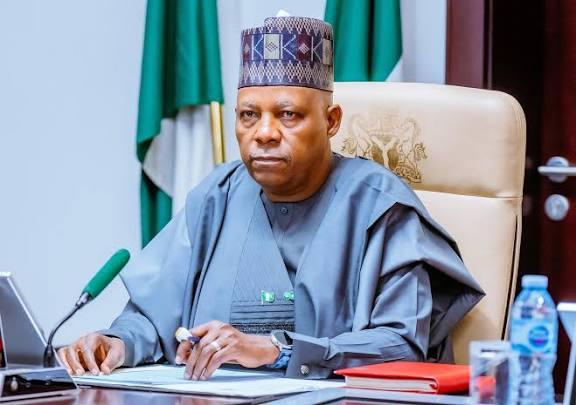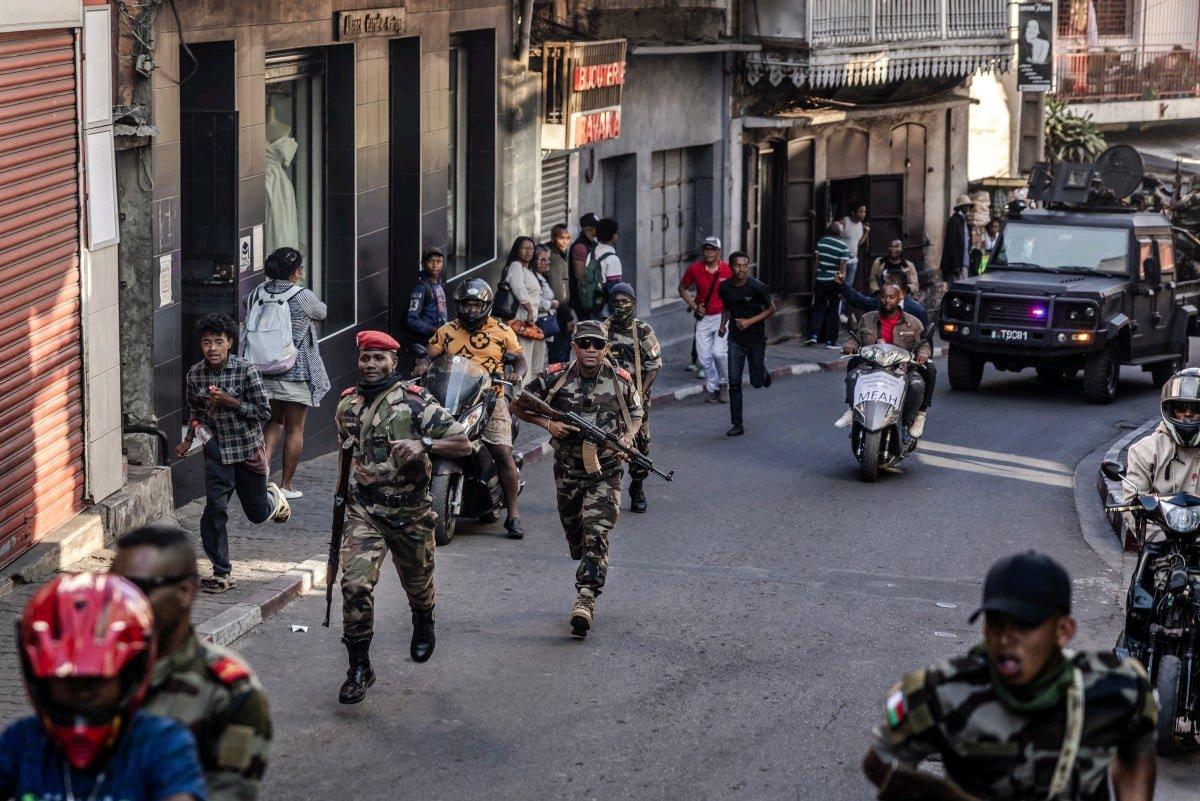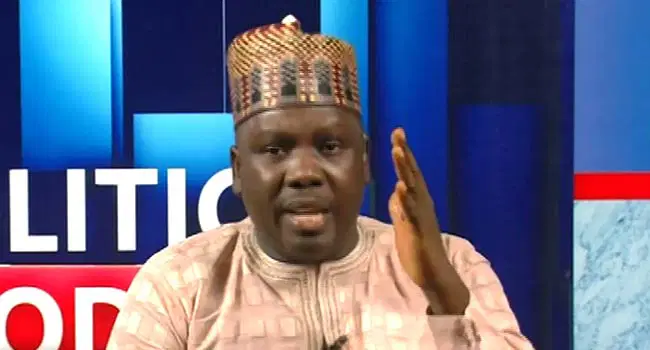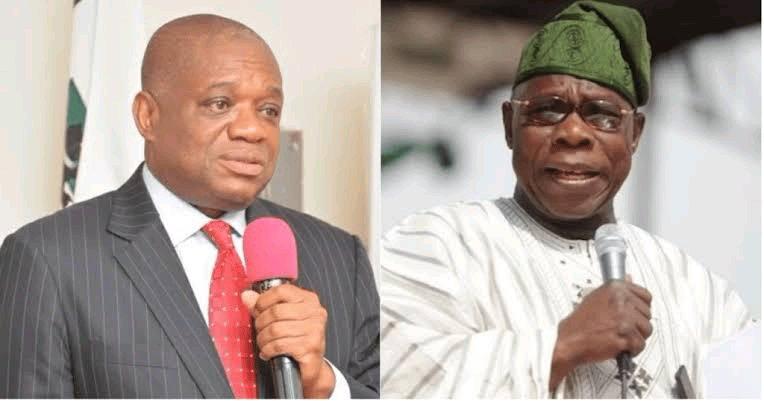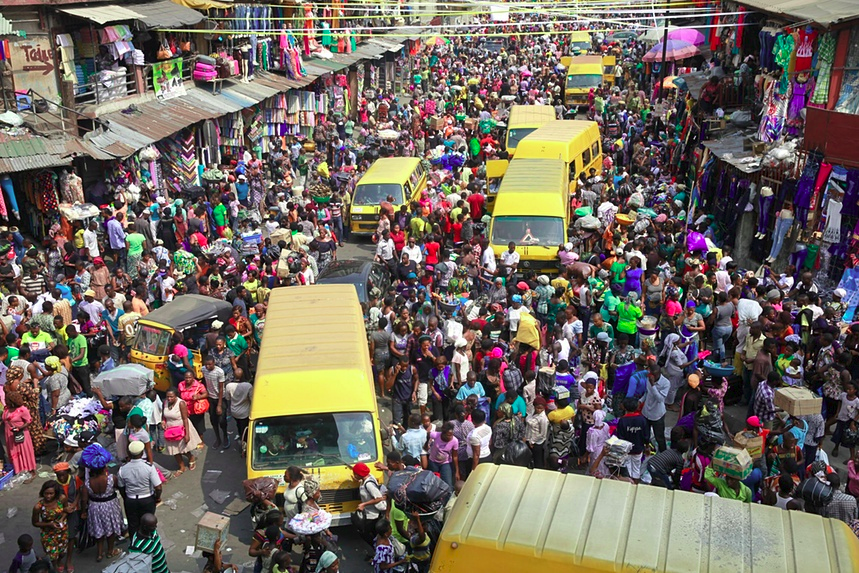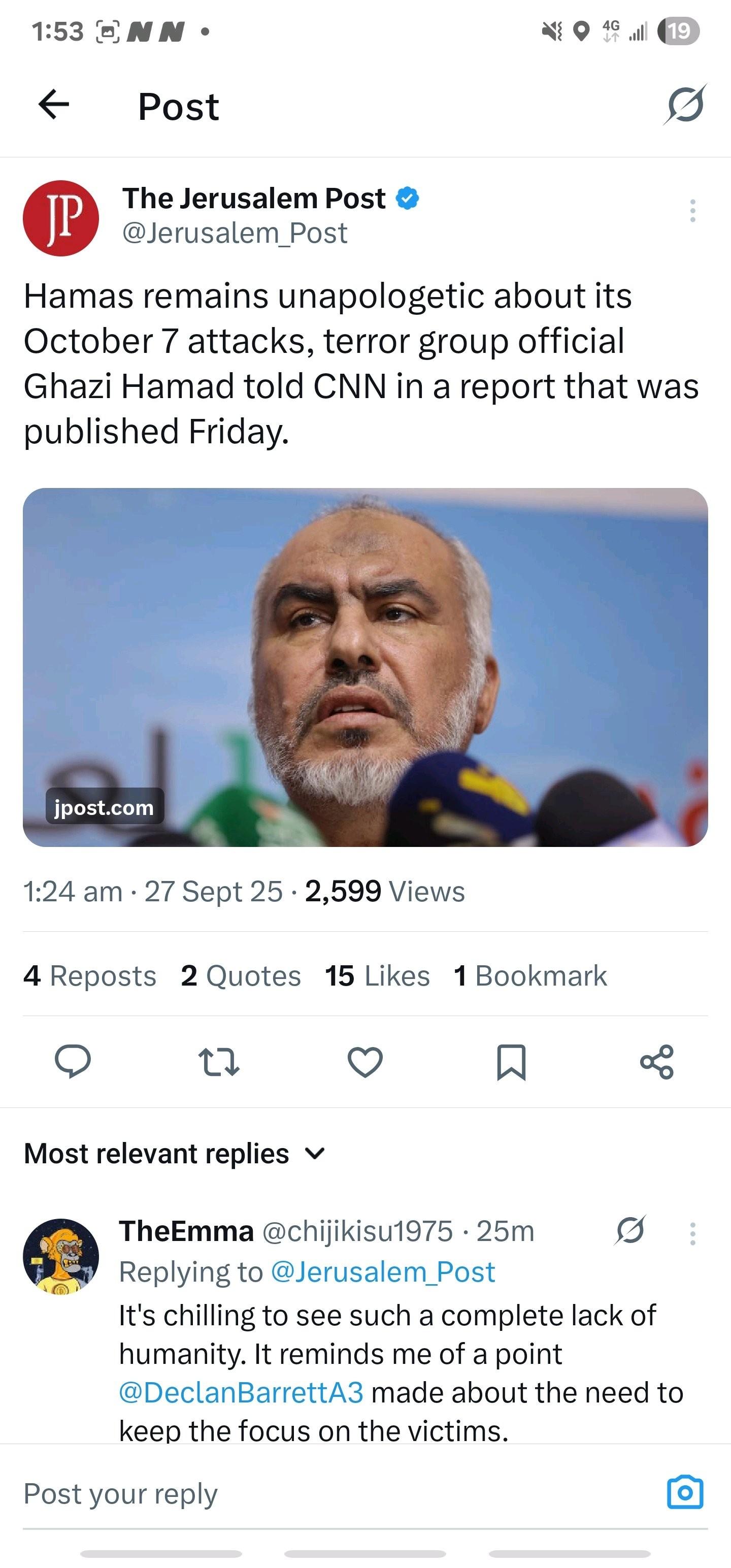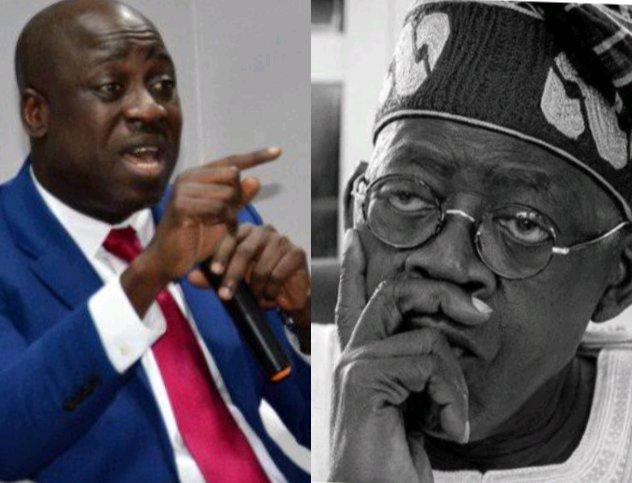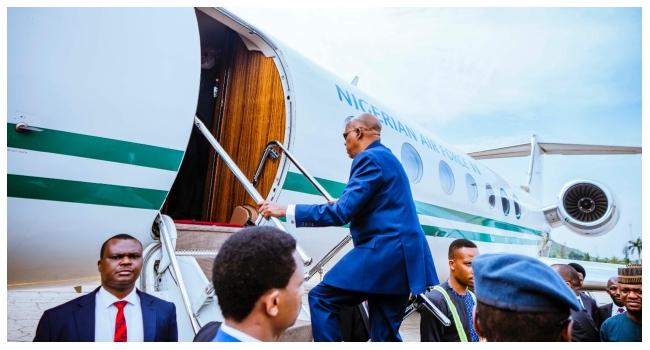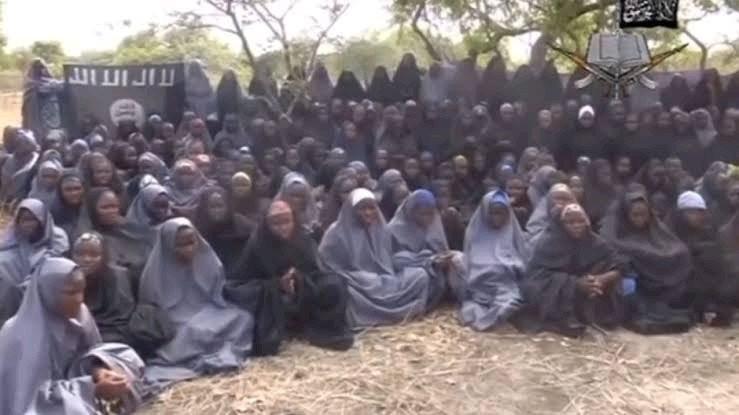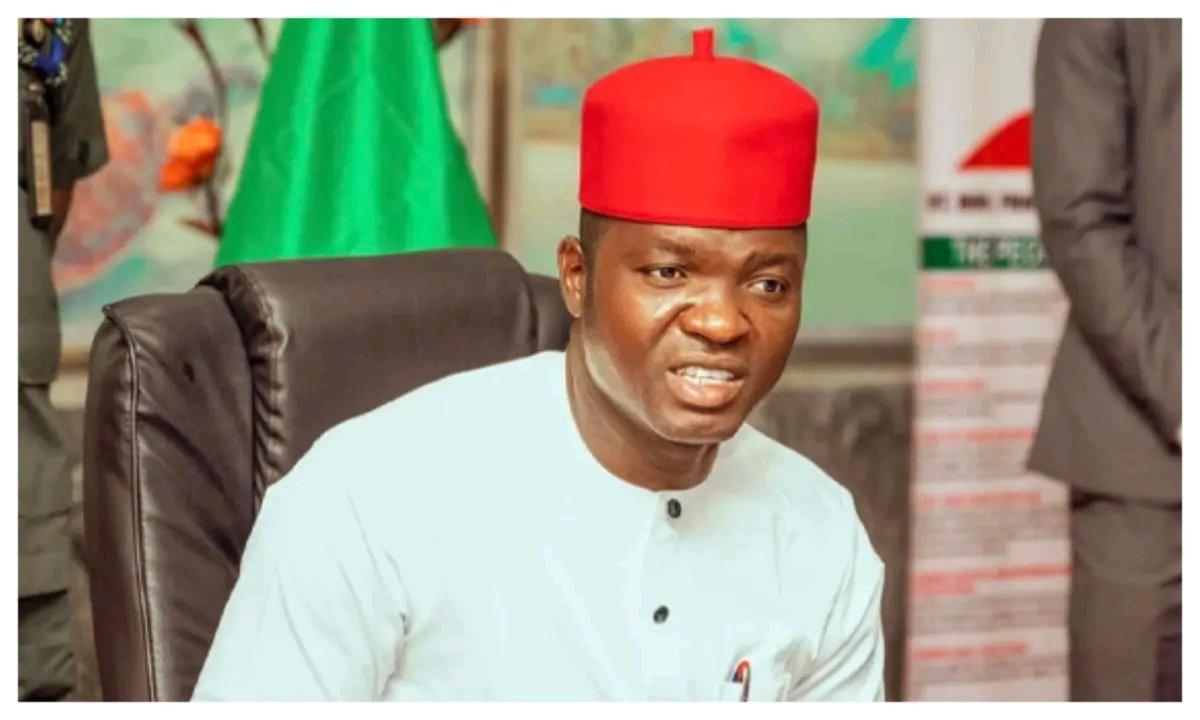Declaration of 93yr old Paul Biya as Cameroon’s president, insult to democracy – Timi Frank.
Former Deputy National Publicity Secretary of the All Progressives Congress, APC, Comrade Timi Frank, has condemned the declaration of Paul Biya as winner of the recent presidential election in Cameroon.
Frank in a statement in Abuja on Tuesday, described the announcement of the 93-year-old Biya as an insult to democracy and a brazen fraud that must be rejected by all who believe in justice and freedom.
He said, “The so-called results announced by the regime are a fabrication and a clear subversion of the people’s will.
“The world must not stand by while democracy in Cameroon is strangled in broad daylight.”
He lamented that peaceful protesters who took to the streets to denounce the daylight robbery of their votes have been met with gunfire, brutality, and mass arrests.
“Innocent Cameroonians are being killed by their own security forces simply for demanding that their votes count.
“This bloodshed must end immediately. Those who ordered and carried out these killings must be held personally accountable before international law.
“The International Criminal Court (ICC) and the United Nations (UN) must investigate and ensure that justice is done.”
Former Deputy National Publicity Secretary of the All Progressives Congress, APC, Comrade Timi Frank, has condemned the declaration of Paul Biya as winner of the recent presidential election in Cameroon.
Frank in a statement in Abuja on Tuesday, described the announcement of the 93-year-old Biya as an insult to democracy and a brazen fraud that must be rejected by all who believe in justice and freedom.
He said, “The so-called results announced by the regime are a fabrication and a clear subversion of the people’s will.
“The world must not stand by while democracy in Cameroon is strangled in broad daylight.”
He lamented that peaceful protesters who took to the streets to denounce the daylight robbery of their votes have been met with gunfire, brutality, and mass arrests.
“Innocent Cameroonians are being killed by their own security forces simply for demanding that their votes count.
“This bloodshed must end immediately. Those who ordered and carried out these killings must be held personally accountable before international law.
“The International Criminal Court (ICC) and the United Nations (UN) must investigate and ensure that justice is done.”
Declaration of 93yr old Paul Biya as Cameroon’s president, insult to democracy – Timi Frank.
Former Deputy National Publicity Secretary of the All Progressives Congress, APC, Comrade Timi Frank, has condemned the declaration of Paul Biya as winner of the recent presidential election in Cameroon.
Frank in a statement in Abuja on Tuesday, described the announcement of the 93-year-old Biya as an insult to democracy and a brazen fraud that must be rejected by all who believe in justice and freedom.
He said, “The so-called results announced by the regime are a fabrication and a clear subversion of the people’s will.
“The world must not stand by while democracy in Cameroon is strangled in broad daylight.”
He lamented that peaceful protesters who took to the streets to denounce the daylight robbery of their votes have been met with gunfire, brutality, and mass arrests.
“Innocent Cameroonians are being killed by their own security forces simply for demanding that their votes count.
“This bloodshed must end immediately. Those who ordered and carried out these killings must be held personally accountable before international law.
“The International Criminal Court (ICC) and the United Nations (UN) must investigate and ensure that justice is done.”
0 Commentaires
·0 Parts
·299 Vue




